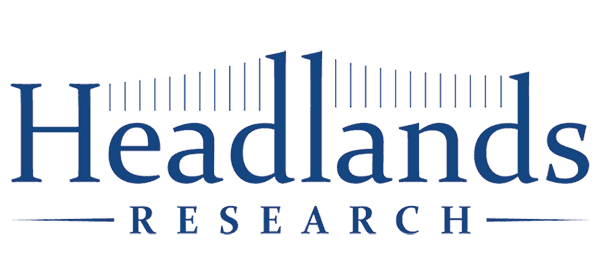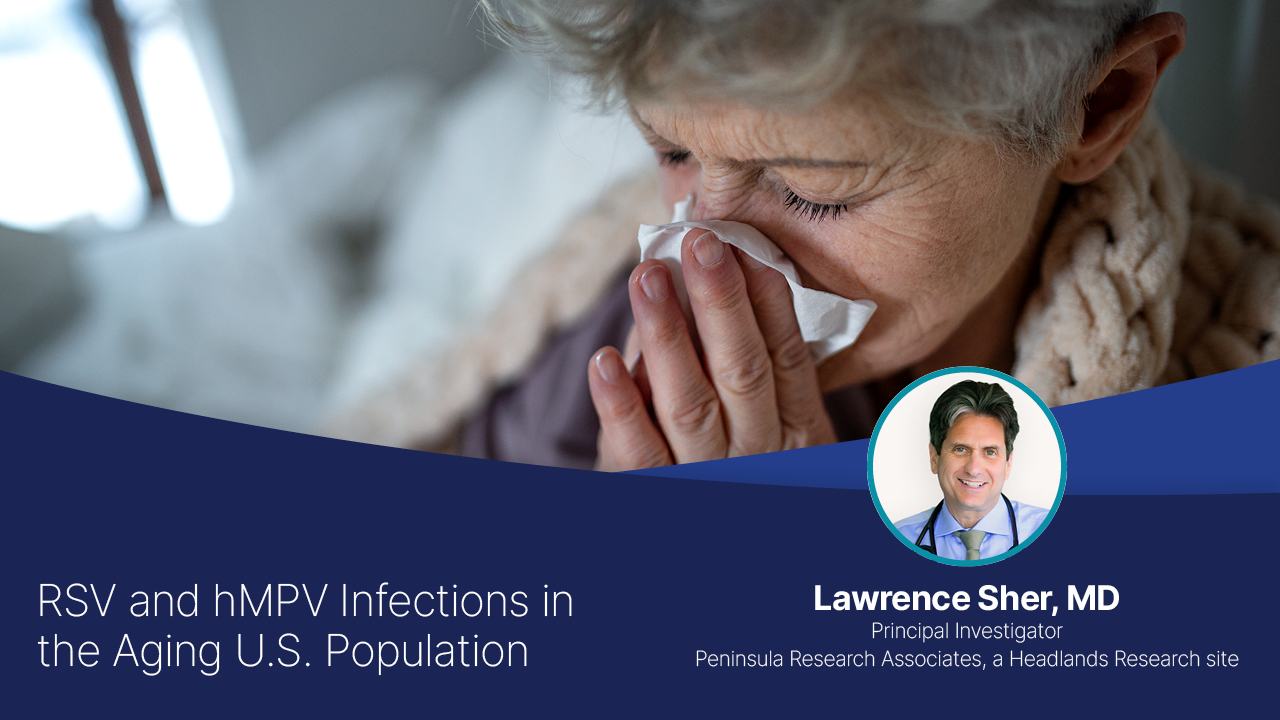The number of individuals aged 55 years and older in the United States grew by 29.2% between 2010 and 2020 and will continue increasing as medical advancements extend life expectancy. Therefore, preventing and effectively treating illnesses that disproportionally impact older populations such as respiratory syncytial virus (RSV) and human metapneumovirus (hMPV) infections is important for public health.
Prevalence
The burden of RSV and hMPV infections in older adults is high. RSV results in 100,000-160,000 hospitalizations among adults 60 years and older each year in the United States, while adults 75 years and older account for nearly half of all RSV-related hospitalizations and one-third of intensive care unit (ICU) admissions. Similarly, approximately 122,000 hMPV-related hospitalizations occurred in U.S. adults ≥65 years old in 2019.
Presentation and complications
Part of the Pneumoviridae family, RSV and hMPV cause acute respiratory illness (ARI) and lower respiratory tract disease (LRTD). Their clinical presentations are similar, including a runny nose, congestion, decreased appetite, coughing, sneezing, fever, headache, body aches, and wheezing. However, severe disease, such as pneumonia, bronchiolitis, or bronchitis, is also possible, resulting in hospitalization and even mortality.
Adults with comorbid conditions, especially asthma, chronic obstructive pulmonary disease (COPD), and congestive heart failure, or who are immunocompromised experience longer durations of RSV or hMPV-related illness and can be particularly vulnerable to serious complications requiring hospitalization.
Seasonality
RSV and hMPV infections tend to occur at the same times of the year as influenza and COVID-19, although hMPV tends to peak in later months than RSV and influenza. Because of the similar clinical symptoms among all these infectious diseases, accurate detection and diagnosis can be challenging in the community setting. This is especially true for hMPV, which was only identified in 2001 despite circulation in humans for at least 60 years. As a result, it doesn’t have the same name recognition as RSV or influenza and can be overlooked by physicians, which can mask the extent of infection in the community setting.
However incidence data in the hospital setting is more readily available because hMPV is now a routine target in the diagnostic respiratory virus PCR kits that also target RSV, influenza viruses, coronaviruses, and other seasonal respiratory viruses.
As of April 5, 2025, the percentage of respiratory virus tests positive for hMPV infections (6.27%) across the United States, as reported to the CDC, ranked third behind rhinovirus/enterovirus (18.52%) and influenza (7.56%) and had been steadily increasing since the beginning of the year. RSV infections had peaked in January (11%) and were on the decline, reaching 2.72% on April 5.
Vaccines
The approvals of the first RSV vaccines in 2023 and 2024, including two recombinant vaccines and one mRNA vaccine, were an exciting development to reduce the RSV-related burden, as we discussed in a recent blog post. The vaccines are available for all older adults ≥60 years old and adults aged 18 to 59 years at high risk of RSV-related complications. In addition, at least 25 interventional studies, ranging from first-in-human Phase I trials to Phase III trials, are listed in clinicaltrials.gov for new RSV vaccines, expanded indications for existing vaccines, and combination vaccines (e.g., COVID-19, influenza).
No hMPV vaccine nor antiviral treatment is currently approved in the U.S., although a search of clinicaltrials.gov showed greater than 15 interventional studies of hMPV vaccines. More than half of these are combination hMPV/RSV vaccines, which is promising to reduce the overall burden of vaccination for older adults. However, as most studies of hMPV vaccines are still in Phase I or II, a vaccine will likely not be available to the general public for years yet, unless promising Phase II results justify a fast-tracked approval from the FDA. Until a vaccine becomes available, advice about prevention via non-pharmacologic methods such as hand washing during peak transmission periods is pertinent, and treatment is mainly supportive.
Ensuring public health via vaccination
As with many of the seasonal infectious diseases, we can’t expect to achieve complete eradication of RSV or mHPV even with vaccination as the viruses continually mutate and evolve from season to season. Therefore, vaccination will remain a key strategy for minimizing the public health burden of these diseases, including the effect on older adults as well as the possibility of transmission to children, another vulnerable population group. Clinical trials play an important role in the absence of an approved vaccine for hMPV and to encourage uptake of emerging and approved RSV vaccines.
At Headlands Research, we continue to collaborate with our communities to disseminate information about infectious diseases and the availability of vaccines through our trials as well as surrounding healthcare facilities. Feel free to contact me to discuss the vaccine research Headlands Research has been involved in and our capabilities that could support your next vaccine trial.
About the author
Since founding Peninsula Research Associates (PRA) in 1999, Dr. Sher has been the PI for over 200 clinical trials for conditions such as allergic rhinitis, asthma, ADHD, COPD, hypertension, otitis media, pneumonia, and sinusitis. Many of these trials have contributed to new medications and devices in the market. Dr. Sher continues to work as a physician at Palos Verdes Medical Group, a multispecialty practice and urgent care center encompassing pediatric care; ADHD; internal medicine; and adult and pediatric asthma, allergy, and immunology. He also stays involved in the community in programs such as the Los Angeles County School Nurses Association and Food Allergy and Anaphylaxis Network, where he is currently the Medical Chair for the South Bay region. He has also been appointed to serve on several national committees for the American Academy of Allergy, Asthma, & Immunology and American College of Allergy, Asthma, and Immunology including the Specific IgE Task Force, Immunotherapy and Allergy Diagnostics Committee, and Rhinitis and Sinusitis Committee.

